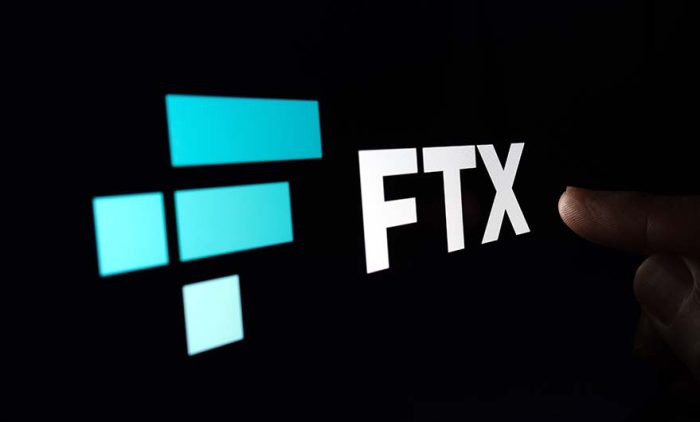US prosecutors revealed new charges against Sam Bankman-Fried. The founder of the collapsed crypto exchange received additional indictment on Tuesday morning accusing him of paying a $40 million bribe to Chinese officials to unfreeze his hedge fund’s accounts in late 2021.
Furthermore, the additional charges add to the 12 counts of inducement the former billionaire now faces which include securities fraud and conspiracy to commit bank fraud, among others.
According to the prosecutors, Bankman-Fried attempted to regain access to trading accounts linked to FTX’s sister company, Alameda Research, which contained about $1 billion in digital assets frozen by Chinese authorities. He reportedly tried “numerous methods” and all attempts failed, in November 2021 he “directed and caused the transfer” of about $40 million in cryptocurrency to one or more Chinese government officials.
The accounts in question were unfrozen around the time of the payment and reportedly tens of millions of dollars-worth of cryptocurrencies were used to fund Alameda’s additional trading activity.
Bankman-Fried already pleaded not guilty to eight counts of criminal charges and he hasn’t been yet arraigned on five others.
FTX and Alameda collapsed in November 2022 following concerns about their balance sheet and liquidation crisis. Bankman-Fried was arrested in December 2022 and extradited to the US where he was granted a $250 million bail. Other former FTX and Alameda officials have already pleaded guilty and are cooperating with investigators, including Gary Wang, Caroline Ellison and Nishad Singh.
The additional charges against the FTX founder follow the CFTC’s charges against crypto giant Binance for operating an illegal digital asset derivatives exchange. The US regulator alleged that the crypto exchange has directed customers and employees to circumvent regulation and operated “intentionally opaque common enterprise”. Binance has denied the allegations calling them “and incomplete recitation of fact.”
